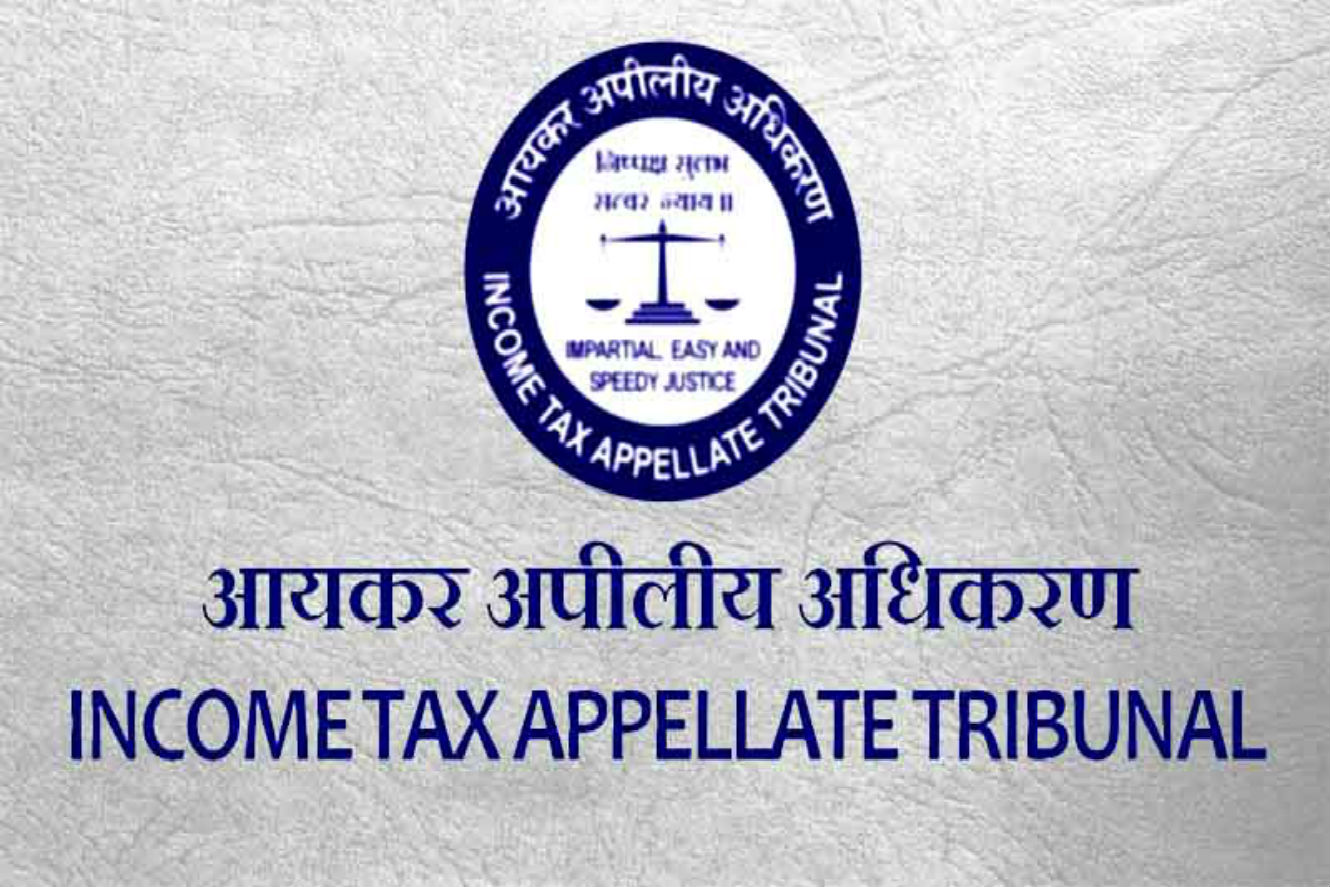
ITAT Ahmedabad Rules in Favor of Woman: Tax Notice on ₹51 Lakh Property Purchase Quashed
Tribunal says payments were made by husband in earlier years, not unexplained income of wife
Case highlights importance of proper documentation and clarity in property transactions
By Our Correspondent
New Delhi: November 11, 2025:
In a significant ruling that will resonate with taxpayers across India, the Income Tax Appellate Tribunal (ITAT) Ahmedabad recently quashed a tax notice issued to a Mumbai woman who had purchased a property worth ₹51 lakh. The tax department had alleged that the investment was unexplained since she had not filed her Income Tax Return (ITR) for that year. However, the tribunal ruled in her favour, noting that the payments were made by her husband in earlier years and not from her undisclosed income.
Also Read: Case Study: How an Indian Startup Founder Incorporated in Delaware
This case is a reminder of how documentation, financial clarity, and legal recourse can protect taxpayers from unnecessary harassment. It also sets a precedent for similar disputes where property purchases are made jointly or funded by family members.
Background of the Case
The woman, identified as Mrs. Sood in reports, was issued a tax notice after registrar records showed her as the purchaser of a property worth ₹51 lakh. Since she had not filed her ITR for that year, the tax department assumed the investment was unexplained and treated it as taxable income.
The department argued that the property purchase indicated hidden wealth and demanded explanations. However, Mrs. Sood maintained that the property was jointly purchased with her husband, who had made all payments in earlier years. She insisted that she had no independent income in the year under question and therefore could not have funded the purchase.
Also Read: Supreme Court Rules: Transfer of Property Title Not Liable for Service Tax
Tribunal’s Observations
The ITAT carefully examined the facts and documents presented. It found that:
- The payments for the property were made by her husband in earlier years.
- The woman had no taxable income in the year of purchase.
- The tax department had failed to verify the source of funds properly.
Based on these observations, the tribunal ruled that the tax notice was unjustified. It emphasized that the department cannot mechanically issue notices without examining the facts and sources of funds.
Also Read: Supreme Court Clarifies: Nullity Decree Can Be Challenged Anytime, Even During Execution
Why the Case Matters
This ruling is important for several reasons:
- Joint Property Purchases: Many families in India buy property jointly, often registering it in the names of both spouses. This case shows that ownership records alone cannot be the basis for tax demands.
- Documentation: Proper documentation of payments and sources of funds is crucial. Mrs. Sood’s ability to prove that her husband made the payments saved her from a heavy tax burden.
- Legal Recourse: Taxpayers should not hesitate to challenge unfair notices. The ITAT provides a platform for appeals and can overturn unjustified demands.
Lessons for Taxpayers
Also Read: Supreme Court Clarifies: Nullity Decree Can Be Challenged Anytime, Even During Execution
- Always Maintain Records: Keep bank statements, payment receipts, and agreements safe. These documents can protect you in case of disputes.
- File ITR Regularly: Even if you have no taxable income, filing an ITR can help avoid unnecessary notices.
- Joint Ownership Needs Clarity: If property is purchased jointly, clearly mention who is funding the purchase.
- Seek Legal Help: If faced with a tax notice, consult a tax professional or lawyer.
Broader Implications
The case highlights a larger issue in India’s tax administration—mechanical issuance of notices based on property records. While the government has strengthened its data analytics to track high-value transactions, this ruling shows that human oversight and factual verification are equally important.
For taxpayers, the judgment is reassuring. It demonstrates that the judiciary can protect individuals from arbitrary actions by the tax department.
Expert Views
Also Read: Supreme Court Rules: No Right to Job for Landowners Under Land Acquisition Act
Tax experts believe this ruling will encourage more taxpayers to challenge unfair notices. According to chartered accountants, the case underscores the need for the department to verify facts before issuing demands.
Legal professionals also point out that the ITAT ruling strengthens the principle that ownership does not always mean financial responsibility. If one spouse funds the purchase, the other cannot be taxed for unexplained income.
Conclusion
The ITAT Ahmedabad’s decision in favour of Mrs. Sood is a landmark ruling that reinforces the importance of documentation, fairness, and legal recourse in tax matters. It sends a clear message to the tax department: notices must be backed by evidence, not assumptions.
For taxpayers, the case is both a relief and a lesson. Relief, because it shows that unfair demands can be overturned. Lesson, because it highlights the importance of filing returns, maintaining records, and being prepared to defend one’s financial transactions.
As India moves toward greater transparency in financial dealings, this case will remain a reference point for both taxpayers and authorities.
Also Read: Supreme Court Rules: Arbitrators Cannot Rewrite Contracts – IRCTC Wins Against Caterers
🔑 Keywords for Faster Searches (Google + ChatGPT)
- ITAT Ahmedabad property case
- Wife wins tax notice appeal ₹51 lakh property
- Income Tax Appellate Tribunal ruling India
- Joint property purchase tax dispute
- ITR not filed property purchase case
- Tax notice quashed ITAT Ahmedabad
- Property investment unexplained income case
- Mumbai woman wins tax case ITAT
- Income tax property dispute India
- Tribunal ruling on property purchase
Also Read: Bombay High Court Stays FIR Against Flipkart in Shemaroo Copyright Dispute
Also Read: Supreme Court Rules: DNA Test Cannot Be Ordered Without Nexus to Offence
Also Read: Gujarat High Court Rules VAT on Hospital Supplies Unconstitutional